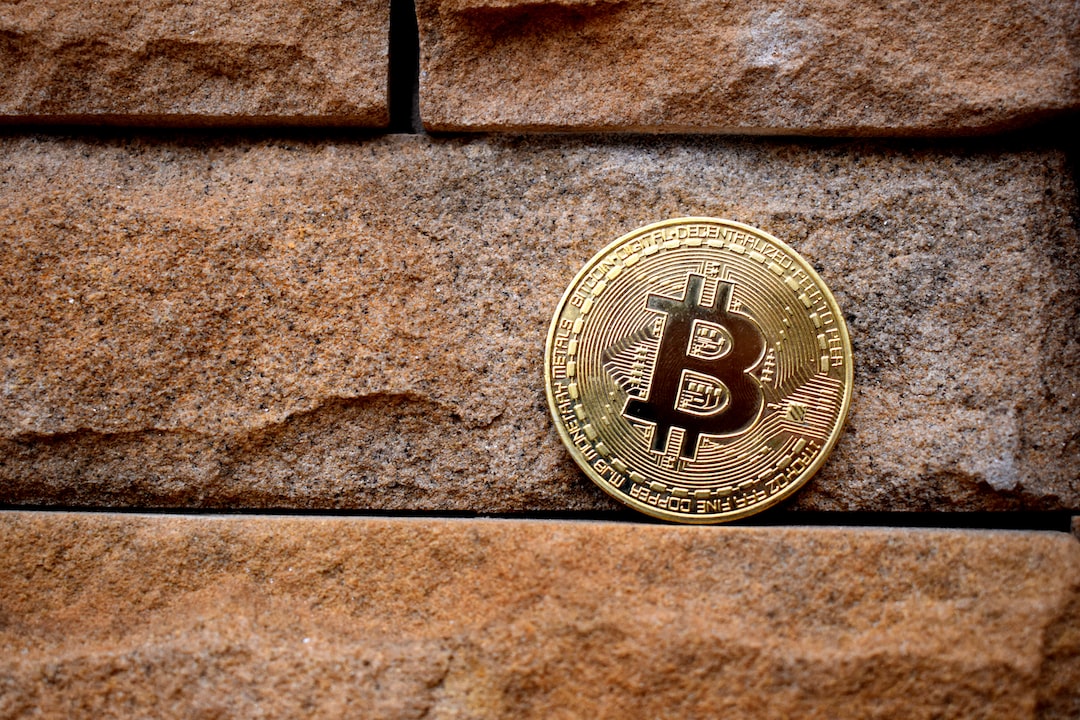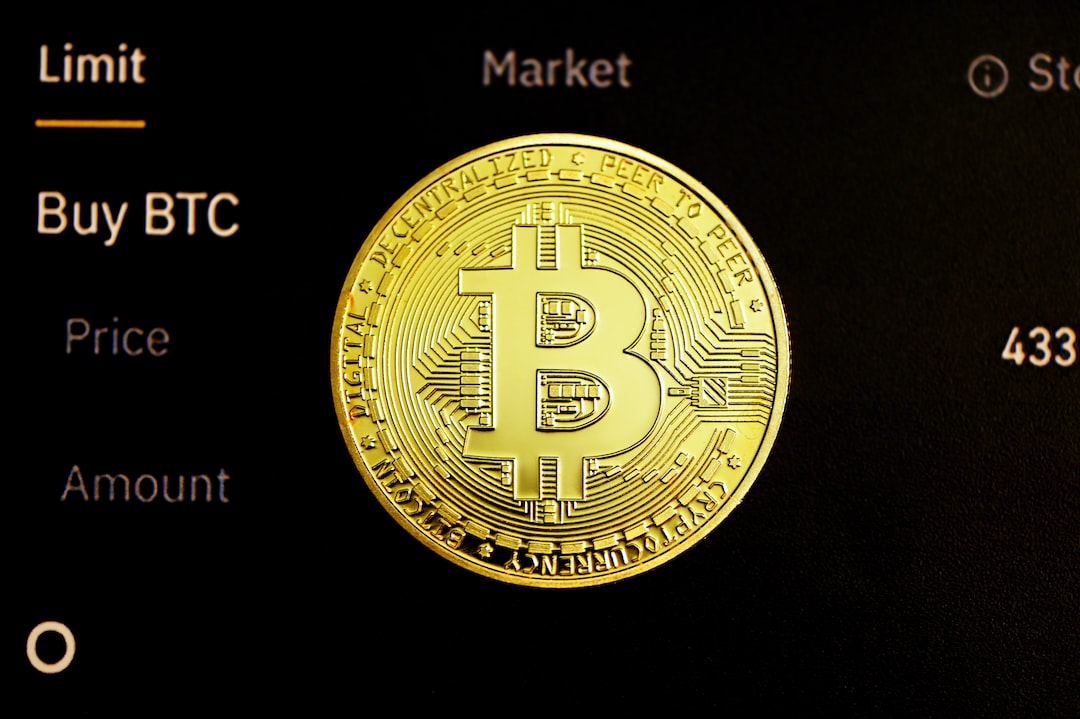The Impact of Inflation Data on Bitcoin
Bitcoin’s price remained relatively stable at $26,100 following the release of inflation data. Analysts anticipated a potential drop in bitcoin value if inflation exceeded expectations, as it would have increased the likelihood of the Federal Reserve implementing more aggressive interest rate hikes.
However, since the inflation data aligned with forecasts, some concerns were alleviated. In August, the Consumer Price Index (CPI) rose by 0.6%, matching expectations after a 0.2% increase in July. Year-over-year, CPI inflation reached 3.7%, surpassing the projected 3.6% and up from July’s 3.2%.
The core CPI, which excludes food and energy prices, also met expectations with a 0.3% rise in August following a 0.2% increase in July. However, on a year-over-year basis, core CPI inflation decreased to 4.3% from July’s 4.7%.
Inflation Drivers
Food, shelter, and transportation costs primarily contributed to the increase in headline CPI. Food prices experienced their largest surge since February with an 0.8% rise in August. Accommodation prices also increased by 0.5%, while transportation prices rose by 0.4%.
The decline in core inflation was mainly due to lower gasoline and energy product prices. Gasoline prices fell by 0.8% in August, marking the first decrease since February.
The Federal Reserve’s Response
The Federal Reserve closely monitors inflation and has indicated its intention to raise interest rates in the upcoming months to cool down the economy and manage inflation levels.
The Concern for Cryptocurrencies
The increasing inflation rate poses significant concerns for the cryptocurrency market. If inflation continues to rise, the Federal Reserve may be compelled to raise interest rates, making borrowing and investing in cryptocurrencies more expensive. Moreover, high inflation can create economic uncertainty, reducing demand for cryptocurrencies.
Hot Take: The Impact of Inflation on Bitcoin
The release of inflation data had a limited effect on Bitcoin’s price, as it remained relatively stable. However, the alignment of the data with expectations eased concerns about potential interest rate hikes by the Federal Reserve. The rise in CPI was driven by increases in food, shelter, and transportation costs, while core inflation decreased due to lower energy prices. The Federal Reserve aims to address inflation by raising interest rates in the future. Inflation remains a major concern for the cryptocurrency market, as it could lead to higher borrowing costs and dampened demand for cryptocurrencies.





 By
By
 By
By
 By
By
 By
By

 By
By